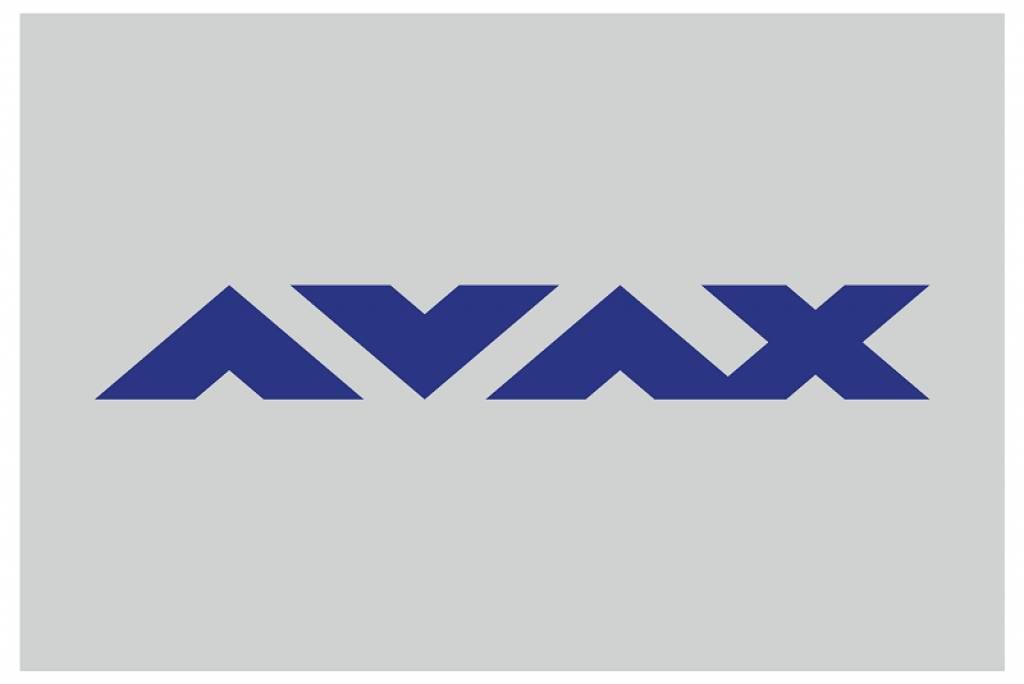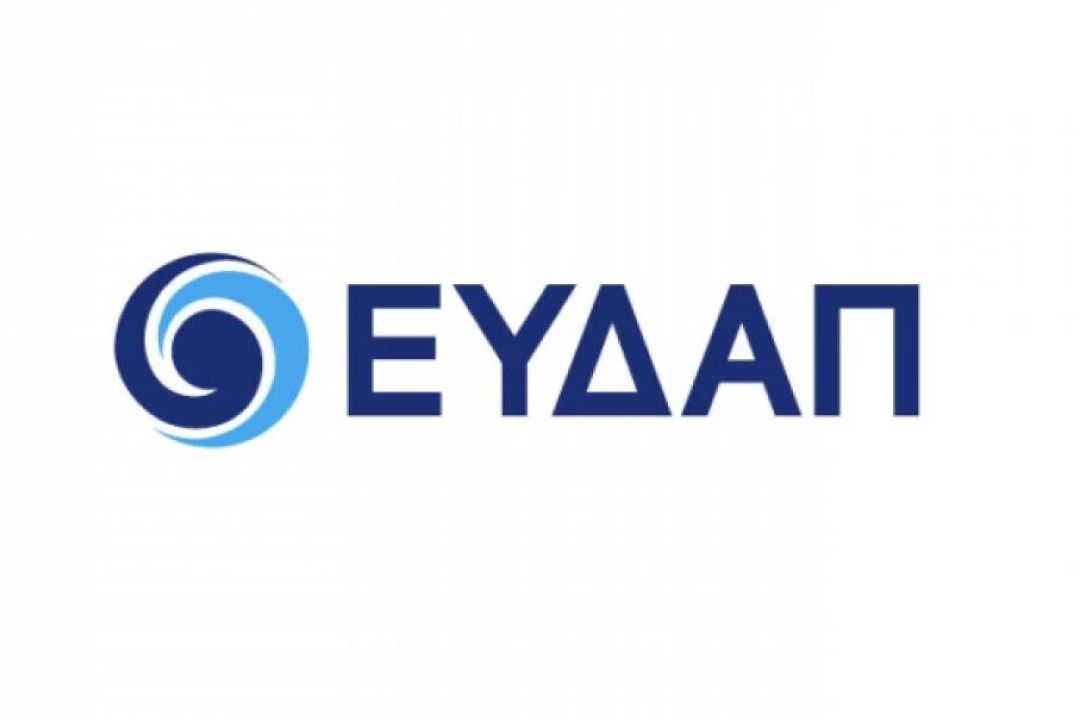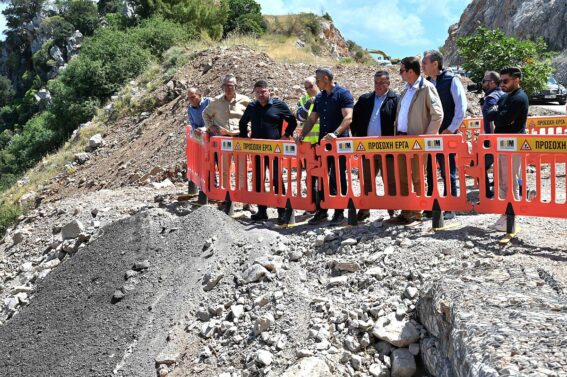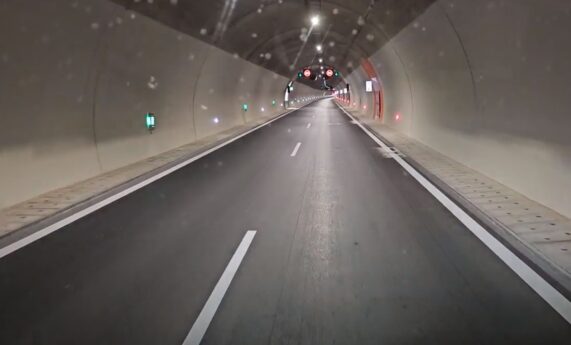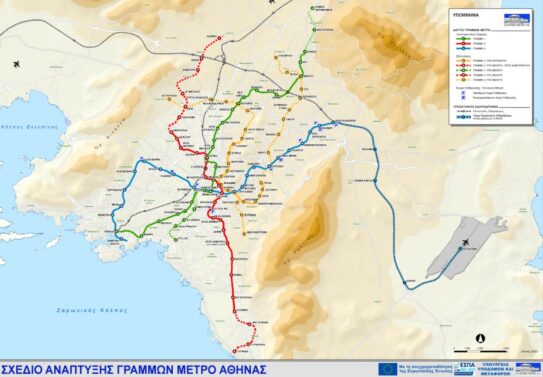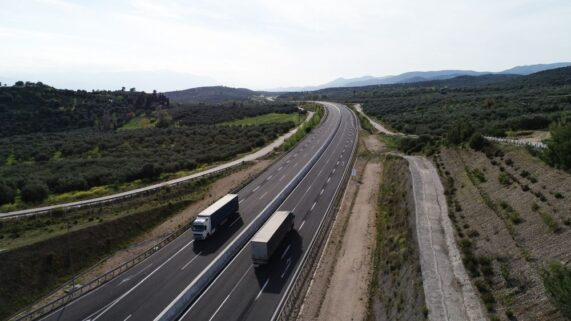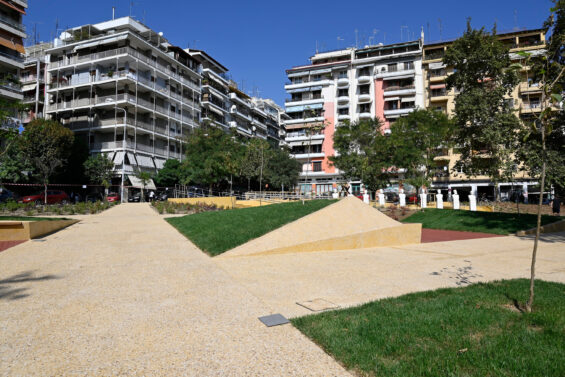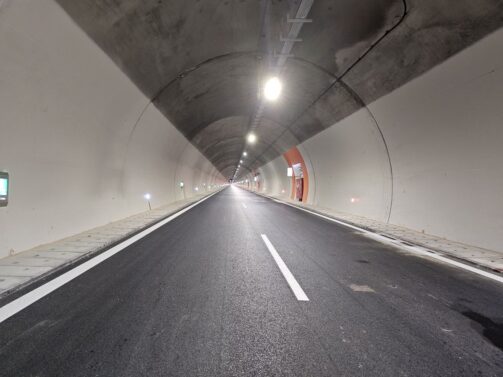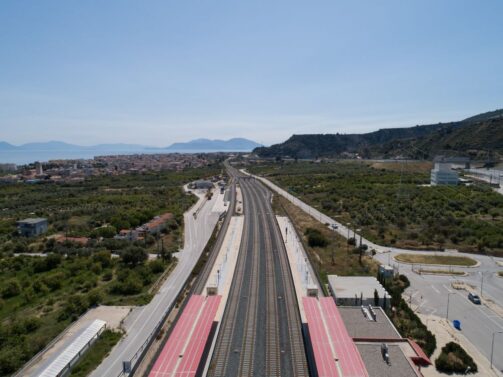Thales and Vodafone are claiming a world first by operating a driverless train controlled remotely via a 5G mobile network. The driverless trials are being carried out at the Smart Rail Connectivity Campus in Erzgebirge, Germany, using Thales’ Lucy laboratory train, while Vodafone has installed one of the first 5G base stations in the Erzgebirge region of Saxony, Germany.
To enable Lucy to be controlled remotely, Vodafone uses the 5G technology Network Slicing, which helps different virtual networks share a physical network structure, but provides a separate 5G network for railway trials. This means that remote-controlled mobile radio capacities are always available to control the train remotely, even if numerous users in the immediate vicinity also surf the internet.
In addition, the data is processed directly on-site in a small data centre in the immediate vicinity of the mobile base station via a Mobile Edge Cloud (MEC). Because the data does not have to travel long distances, it can be processed without delay. The 5G technology enables bandwidths greater than 500MB/second on the test track and reduces the latency, or data delay, to less than 10 milliseconds.
Thales has provided the control and safety systems for the 5G project in the Erzgebirge. This includes the installation of the test environment and sensors, along with a remote control system for the train in cooperation with the German Aerospace Centre (DLR) and Railergy.
“We’re putting 5G on the tracks for the first time,” says Mr Alexander Saul, managing director corporate customers with Vodafone Germany. “Together with our industrial partners, we are examining which new applications will be possible with 5G.”
“5G opens up a whole world of new possibilities,” says Mr Yves Joannic, managing director of Thales Germany and responsible for the company’s Transportation division. “Up to and including 4G, consumers were the first to benefit from every new generation of wireless technologies.
By contrast, 5G’s main interest lies in B2B markets. This next generation of mobile technology will be the foundation for the digital transformation of B2B and, in the broadest sense, will be the backbone of industrial operations, which will benefit the rail sector in particular.”
Support
The project is being supported by the Federal Ministry of Education and Research’s Change Through Innovation programme.
The Smart Rail Connectivity Campus is a joint project of more than 100 partners from industry and research, led by the Technical University of Chemnitz, the city of Annaberg-Buchholz, with the participation of Erzgebirge Railway, the Fraunhofer Institute, ENAS and IWU.
Source: railjournal.com
ΜΗΝ ΞΕΧΑΣΕΤΕ
- Ακολουθήστε το ypodomes.com στο Google News και μάθετε πρώτοι όλες τις ειδήσεις για τις υποδομές στην Ελλάδα
- Αν είστε επαγγελματίας του κλάδου, ακολουθήστε μας στο LinkedIn
- Εγγραφείτε στο Ypodomes Web TV


